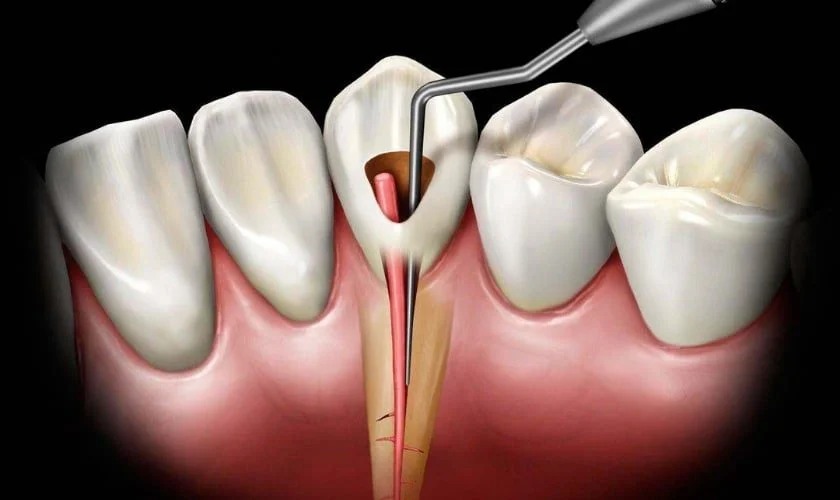Lip and tongue ties can also affect adults, although they may not always be recognized or diagnosed until later in life. Here are some implications and considerations regarding lip and tongue ties in adults:
Speech and Articulation: Adults with untreated tongue ties may experience challenges with certain speech sounds or clarity of speech. This can impact communication and confidence in social and professional settings.
Oral Hygiene: Lip ties in adults, especially if they cause a gap between the teeth (diastema), can affect oral hygiene. Food particles may accumulate more easily, leading to increased risk of dental issues like cavities and gum disease.
Feeding and Chewing: In some cases, tongue tie can affect an adult's ability to manipulate food and chew properly. This can lead to difficulties with certain textures of food or swallowing.
Jaw and Neck Pain: Adults with untreated tongue tie may experience chronic jaw or neck pain due to improper tongue posture and function. This can contribute to muscle tension and discomfort.
Dental and Orthodontic Issues: Lip tie and tongue tie can contribute to dental problems such as misalignment of teeth, malocclusion, or difficulty with orthodontic treatments.
Breathing and Sleep Apnea: Severe tongue tie can be associated with breathing difficulties, especially during sleep. This can contribute to snoring, sleep apnea, or other respiratory issues.
Psychological Impact: Adults who have struggled with undiagnosed lip or tongue tie may experience frustration, embarrassment, or self-consciousness related to their oral function or appearance.
Treatment Options: Just like in infants and children, adults with lip or tongue ties can benefit from a surgical procedure called frenectomy or frenuloplasty to release the tight frenulum. This can be performed by oral surgeons, ENT specialists, or dentists experienced in treating these conditions.
If you suspect that you have a lip or tongue tie and it's impacting your daily life, it's important to consult with a healthcare provider. We can assess your condition, discuss potential treatment options, and help you address any related concerns or difficulties you may be experiencing. Early intervention can often lead to improved oral function, comfort, and overall well-being.
Call (02) 9558 8988 Or email us at info@painfreedentistsydney.com.au to make an appointment. Our doctor with over 30 years of clinical experience will be happy to help you.




